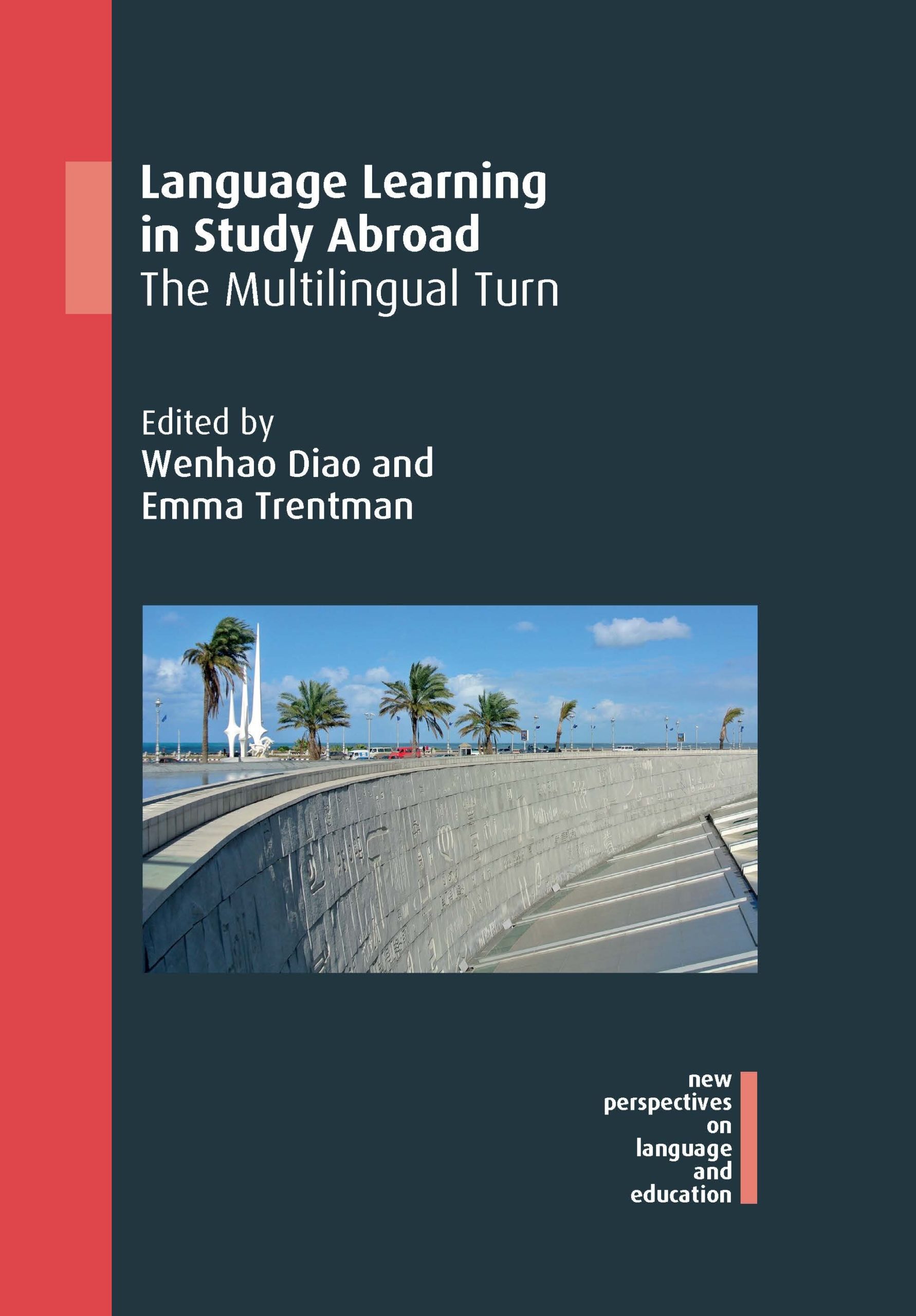Category: Language Ideologies
-

The energy drain of the language enrollments issue
In two previous posts, I’ve addressed structural aspects of the language enrollments issue as well as some ideas on what language teachers can control. In this post, I want to address a final aspect of this issue: energy, and the energy-draining nature of being asked to justify a central part of one’s existence.
-

The enrollments issue: What can language teachers do?
Two weeks ago, I wrote a post on structural aspects of the language issue, and promised a future one on things that I think are within language teacher’s control, and that we can work on. Today, I’m back with that post. I have to admit this one was kind of a struggle, as most of…
-

Structural Aspects of the Language Enrollments Issue
In response to the problem of declining enrollments in language classes, the message given to teachers is “get your enrollments up!” While this may seem like an obvious solution, it actually creates even more anxiety and frustration as it is a request for overloaded language teachers to take on additional work, in which they have…
-

Summer Blog and Podcast Recommendations
I traditionally take the summer off of blogging, so this is my last post until August! So, I thought I’d provide a roundup of some of my favorite blogs and podcasts for you to consume, as if you enjoy my blog you will probably enjoy some of these as well.
-

Language Ideologies in the Wild: Duolingo
In this latest post on language ideologies in the wild, I’ll be discussing the popular app Duolingo, which describes itself as “The world’s best way to learn a language”. As usual, I’ll be discussing the language ideologies behind the assumptions this app makes about languages and language learning, and the ways these ideologies contribute to…
-

Language Ideologies in the Wild: The Middle Aged Brain
It’s time for another language ideologies in the wild post, this time focusing on middle-aged life. Life Reimagined: The Science, Art, and Opportunity of Midlife, by Barbara Bradley Hagerty, interweaves stories and research focused on life in middle age. As with the other books discussed in this series, the book overall is interesting, so this…
-

Language Ideologies in the Wild: Entrepreneurs
Last year, I wrote a post on Language Ideologies in the Wild: The Science of Learning, where I described some of the underlying ideologies that frustrated me in an otherwise interesting book. Since this is a fairly common occurrence, and I read a lot of books, I’ve decided to make it into a series, where…
-

Variation and Standardization in the Language Classroom: Are We Asking the Wrong Questions?
Variation is inherent to languages and language users, yet is it often the subject of consternation in the language classroom, especially at lower levels. Essentially, the questions center around which variety to teach? Can we teach multiple varieties? Will this confuse students? Will they understand how to use them? What if they mix varieties? Per…
-

Language Learning in Study Abroad: The Multilingual Turn
Next month marks the release of Language Learning in Study Abroad: The Multilingual Turn, a book I am very excited to see in print!. I’m a co-editor, along with Wenhao Diao, and thought it would be fun to write a post highlighting how this book came about, as well as the chapters themselves and the…
-

November Updates: Daycare, Book, Article, Award!
November is traditionally the crunch month in the academic calendar, marking the almost end of a long semester (Weeks 11-15 of 17 at my institution). Everyone is tired, stressful assignments are coming up, we’re behind and there’s less time to catch up, it’s getting cold. This year, of course, we also have pandemic anxiety and…